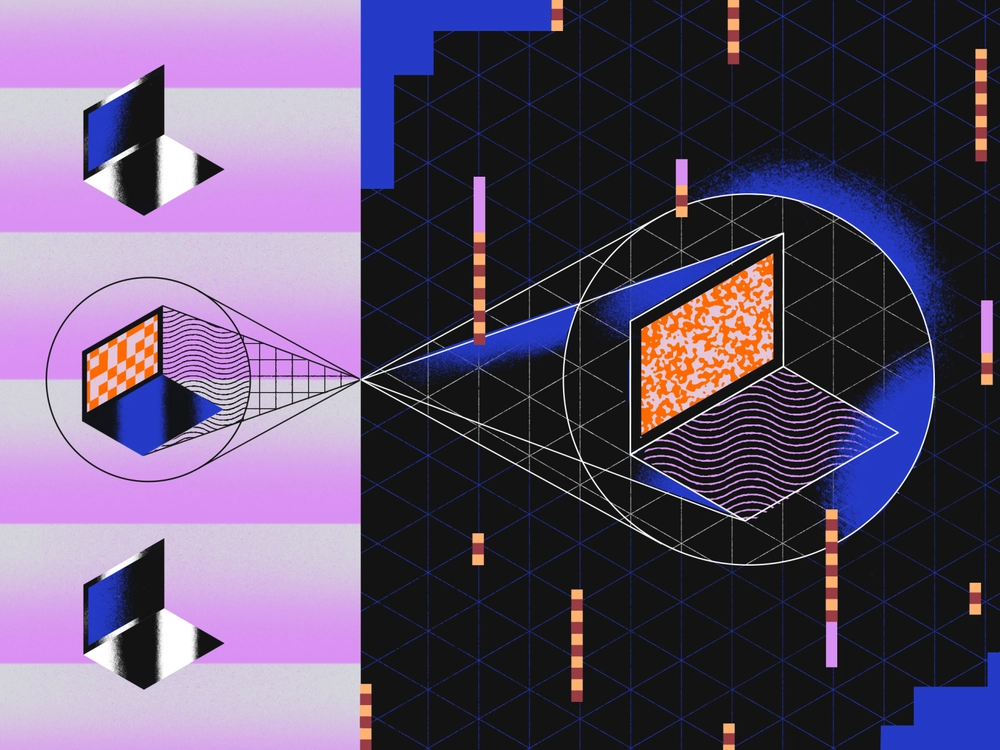Marketing Technology

The term "marketing technology" refers to a collection of different technologies that marketers use to improve their campaigns' efficiency.
By looking at the entire customer journey from the first touch point to the last, marketing technology can assist marketers in making more unified business decisions. This can be accomplished by connecting the dots between marketing, operations, and sales, integrating your marketing systems, and helping marketers market more effectively.
Technology in marketing enables businesses to improve workflows and increase productivity by allowing formerly siloed departments to collaborate more effectively, resulting in more innovative, strategic, and individualized marketing campaigns and consumer experiences.
Marketing performance may be improved without hiring a marketing expert; all you need is the appropriate combination of marketing solutions.
Therefore, regardless of whether your marketing mix consists of mobile marketing, search engine optimization, customer relationship, management emails, or social media advertisements. The appropriate marketing stack may assist you in achieving your company goals more timely and efficiently.
Biggest Marketing Tech Trends in 2022
Since technology is presently driving a revolution in marketing, I will focus on the following essential outcomes:
1. Artificial intelligence;
Artificial intelligence has been employed in marketing for some years at this point. Companies like Google and Tick Tock use AI to drive their advertising platforms.
AI will increasingly provide us with a 360-degree perspective of consumers and assist marketers in making sense of data, including internal and external sources. This means that marketers will be able to create marketing copy using machine learning, and they will also be able to identify where products and services are being discussed on social media. We will now see greater use of natural language processing, which means that it won't simply be crunching numbers, but will understand human language.
2. Augmented and virtual reality, as well as the metaverse;
At this very moment, the internet is transitioning into a new era. Marketers are already using augmented reality (AR) to help us try out new things so we can look at virtual representations of phones, cars, and so on. Increasingly, virtual reality will give us virtual product showrooms that we can explore. Virtual shopping malls and businesses are now using augmented reality to project images of their products and services into the real world. The metaverse brings together technologies such as augmented reality and virtual reality to create more immersive worlds.
3. An emphasis on hyper-personalization and fleeting moments Micro-moments are essentially selling opportunities that may only last for a few seconds. We are attempting to personalize these micro-moments so businesses such as Expedia or TripAdvisor can recognize when a potential customer has arrived in a new city and provide that potential customer with hotel or restaurant recommendations.
Another good example is EXIT B. It employs artificial intelligence (AI) and behavioural recognition algorithms on websites to determine when a user is becoming disengaged with the content they are reading and, as a result, may be open to receiving targeted advertising material.
4. Hybrid occurrences;
In general, marketing teams will spend around twenty percent of their budgets on events, and we are currently observing a significant movement toward making hybrid truly work.
This year's Consumer Electronics Show (CES), also known as the International Consumer Electronics Show, was a hybrid event, meaning attendees could attend in person or participate online.
In conclusion, these are the most significant marketing developments that occurred in 2022.






